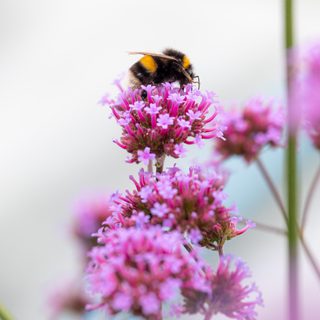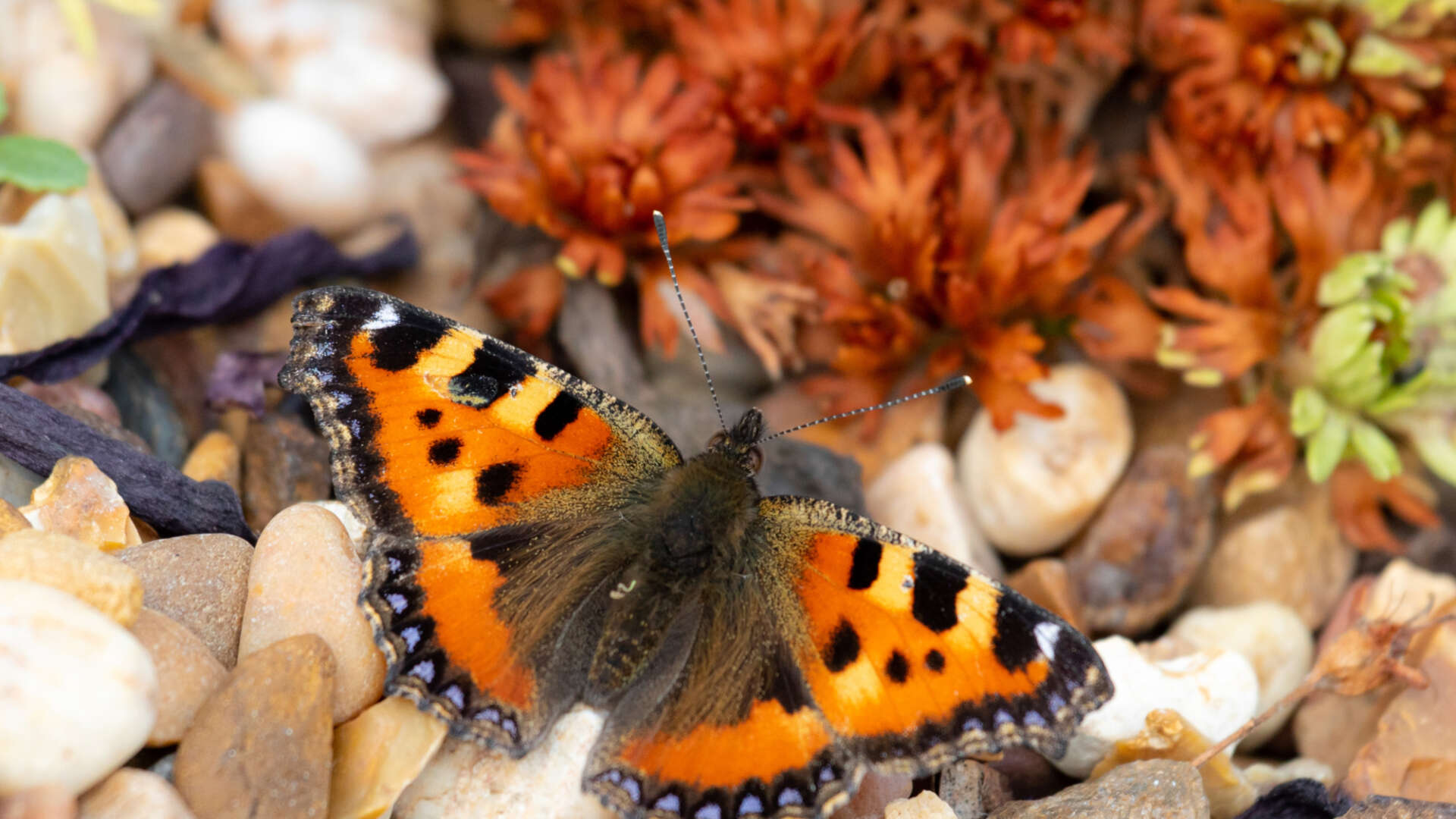
Avoid using harmful chemicals
In truth, if you follow the other four principles you will naturally find that you neither need nor want to use harmful chemicals in your growing area. However, persistent pest and weed problems may tempt you to reach for the poison.
Here are two main reasons why not:
- Pesticides and weedkillers, such as glyphosate, can also destroy other life forms, affect bees and other pollinators, and toxic weedkillers can harm soil life and create residues in the soil.
- These chemicals can cause serious pollution – either in their manufacture or from their own residues.
- Research suggests they herbicides, in particular, may decline and become ineffective over time, or if used in large quantities.
The organic gardener will tolerate, not obliterate. For instance, some weeds – such as dandelions – are beneficial to pollinators. Others, such as nettle leaves, provide nutrients for the compost heap and can be used to make organic plant feed. Insect 'pests', such as aphids, are food for beneficial insects such as hoverflies and ladybirds. And even the slug is nutritious for thrushes and ground beetles.
In this chapter of The Principles of Organic Gardening - Avoid using harmful chemicals, we look at:
Organic Weed Management
- Clearing weedy ground i.e. in a new allotment or garden
- Ongoing weed management – in beds, paths and lawns
Managing pests and diseases
- Physical methods – barriers, covers, general maintenance
- Sprays and powders
- Rodent control
Download booklet 4
